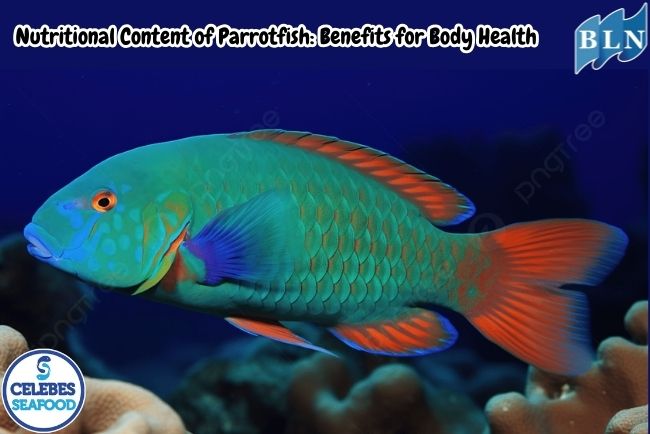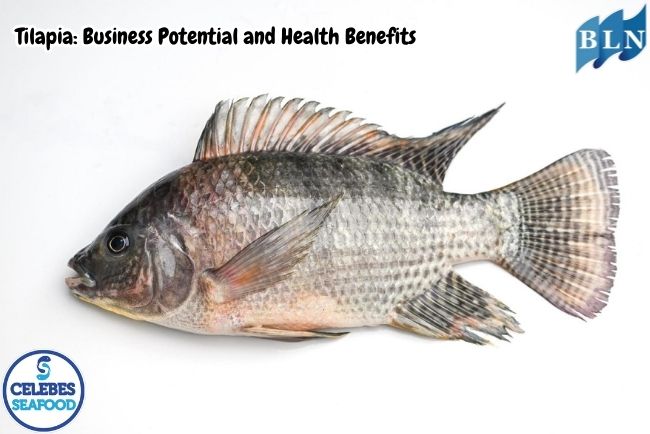Milkfish Characteristic
By. Nevanda - 20 Mar 2023
lautnusantara.com - Milkfish or Chanos chanos is a silvery marine fish that is the sole extant member of the Chanidae family. In other places milkfish also known as bandeng or bangus. This fish is popular as a consumption fish and is known as the national fish of Philippines, although the National Commission for Culture and the Arts has stated that this is not the case as it has no basis in Philippine law.
Taxonomy
Kingdom: Animalia
Phylum: Chordata
Class: Teleostei
Order: Gonorynchiformes
Family: Chanidae
Genus: Chanos
Species: Chanos chanos
Read also: Colossal Squid Description
The milkfish can grow up to 1.8 m, but the most common size is no more than 1 m in length. They can reach maximum weight up to 14 kg, and their life span until age of 15 years. This fish has elongated with almost compressed body, and a generally symmetrical and streamlined appearance. They have one dorsal fin, falcate pectoral fins, with large and deeply forked tail.
The head is relatively small compared to its body. The mouth is small and toothless. Their body color is mostly olive green, with silvery flanks and darks bordered fins. There are numerous fine intramuscular bones, which may complicate human consumption of this fish.
Read also: 3 Category of Seafood Poisoning
Milkfish are generally feed on algae and small invertebrates. They tend to school around coasts and islands with coral reefs. The young or the larva live at the sea for two or three weeks before migrating to the mangrove swamps or estuaries during their juvenile stage. Eventually they will return to the sea to mature sexually and reproduce. Female milkfish will spawn at night, and can produce up to 5 million eggs in saline shallow waters.
This fish distribution is in the Indian Ocean and across the Pacific Ocean, from South Africa to Hawaii. Milkfish commonly live in tropical offshore marine waters around islands and along continental shelves. They can be found in depth of 1 to 30 m. They also frequently enter estuaries and rivers.
Read also: 5 Fascinating Facts of Blue-Ringed Octopus







.jpg)
